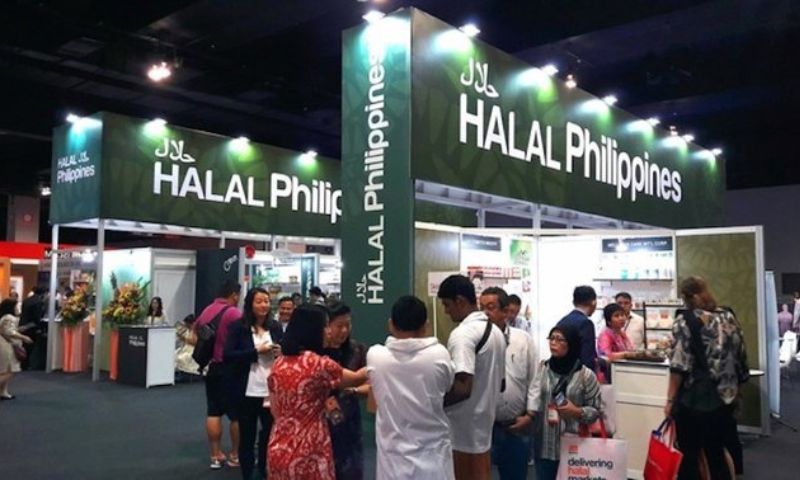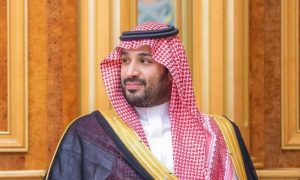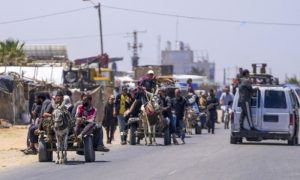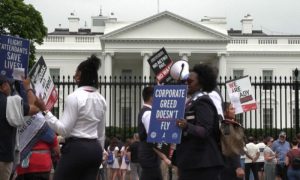MANILA: Philippine businesses in Makati City are teaming up with the Department of Trade and Industry to transform the country’s financial hub into a halal food center, as stated by the head of the Philippine Chamber of Commerce and Industry’s Makati branch on Saturday.
Makati City, situated in Metro Manila, is referred as the Philippines’ primary business district, boasting the highest concentration of banks, multinational corporations, and local businesses in the nation. It is also home to several foreign embassies.
Despite being predominantly Catholic, with Muslims comprising about 10 percent of the nearly 120 million population, the Philippines aims to attract 230 billion pesos ($4 billion) in investments and create approximately 120,000 jobs by expanding its domestic halal industry by 2028.
On Friday, the DTI and PCCI Makati signed a memorandum of understanding to collaborate on tapping into the global halal market, valued at over $7 trillion.
“To effectively implement its policies, such as promoting and developing the country’s halal industry, the government needs to collaborate or form partnerships with the business community or entrepreneurs responsible for making this a reality,” explained PCCI Makati President Toots Cortez to Arab News.
“We can serve as the catalyst. We will start by raising awareness, especially among MSMEs, as records from the DTI indicate that 99.5 percent of businesses in the Philippines are composed of SMEs.”
The establishment of the Makati Halal Hub aims to position the city as a central hub for innovation and business in the halal sector, encompassing various industries such as food production and financial services, according to a statement from the DTI. This initiative is expected to offer significant opportunities for Filipino entrepreneurs and international investors, fostering a robust economic environment.
The hub will function as a platform facilitating connections between manufacturers, traders, buyers, distributors, and consumers in the halal sector.
“If we can band together and promote halal, I believe that would be the most effective approach … You don’t need a large budget,” Cortez remarked.
“Makati City hosts numerous Muslim embassies, restaurants, and major establishments … With many tourists visiting Makati, if we can persuade the establishments to be accredited as halal, that’s a positive start from our end as catalysts.”
Cortez is optimistic that promoting the industry in the city will have a ripple effect, as Makati is seen as a trendsetter for other regions in the Philippines.
“Others tend to follow Makati City’s lead,” Cortez noted. “They follow the trends set in Makati City.”























